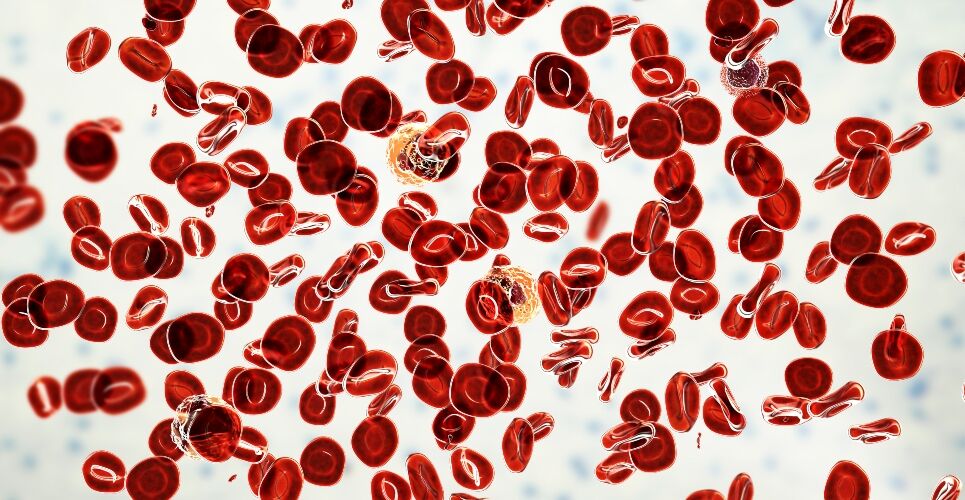The kinase inhibitor ruxolitinib (brand name Jakavi) has been recommended in draft guidance by the UK’s National Institute for Health and Care Excellence (NICE) for the treatment of patients with the blood cancer polycythaemia vera (PV), its manufacturer Novartis has announced.
The endorsement covers the approved oral indication of ruxolitinib for the treatment of PV in adults who are unable to tolerate the standard treatment of hydroxycarbamide, or when the condition is resistant to it.
Commenting on the approval, Dr Claire Harrison, consultant haematologist at Guy’s and St Thomas’ NHS Foundation Trust in London, said: ‘There is a significant unmet need for people with polycythaemia vera in England and Wales, who live with a large symptom burden as a result of their condition.
‘[This] decision is a step in the right direction for providing additional treatment options that reduce the burden of these symptoms and improve disease progression, in this under-represented patient population.‘
Jon Mathias, co-chair of MPN Voice – a charity that supports and advocates on behalf of PV patients – added: ‘We welcome this recommendation from NICE, as polycythaemia vera can be an extremely debilitating illness that has a significant impact on patients’ lives in terms of day-to-day symptoms.
‘It affects not only patients but also their families and carers and turns many everyday tasks into major hurdles. Ruxolitinib addresses a significant unmet need in patients who cannot tolerate or no longer respond to HC/HU.‘
Ruxolitinib efficacy in polycythaemia vera
In 2015, a phase 3 randomised trial showed that in patients with PV who had an inadequate response or unacceptable side effects from hydroxycarbamide, ruxolitinib was superior with respect to controlling the haematocrit, reducing the spleen volume and improving associated symptoms.
Moreover, ruxolitinib has also been shown to be efficacious and well tolerated in PV patients who were previously treated with interferon.
PV is rare blood cancer affecting the bone marrow. A myeloproliferative disorder, it involves uncontrolled red blood cell production resulting in an elevated red blood cell mass. The condition affects an estimated 1,130 people in the UK every year and the underlying cause of the disease is related to dysregulation of the JAK-STAT pathway. Typically, patients have an elevated haematocrit, leading to blood thickening, increasing the risk of blood clots, as well as higher white blood cell and platelet count.
Ruxolitinib is an inhibitor of the JAK 1 and JAK 2 tyrosine kinases and was recently approved in the UK in a topical form as a treatment for non-segmental vitiligo in adults and adolescents with facial involvement.

